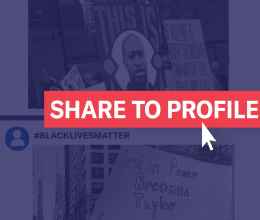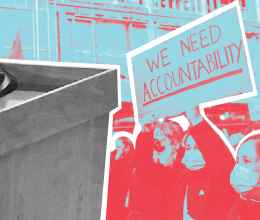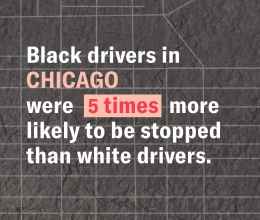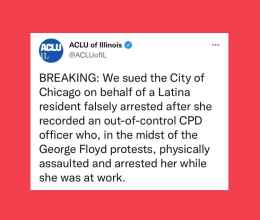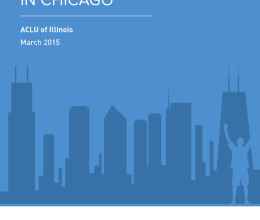
A Chicago Sun Times story this morning quotes anonymous members of the Chicago Police Department as blaming the spike in gun violence for January 2016 in the city on an alleged "ACLU effect." The allegation refers to an ACLU agreement with the CPD and the City, announced in August 2015, which sets new rules for documenting invasive, humiliating street stop-and-frisks by officers. A March 2015 report by the ACLU found that police often stopped and searched Chicago residents (especially residents of color) for reasons that are not constitutionally permissible and that during the summer of 2014, 250,000 people were stopped and never charged with any crime or violation. In response to this story, the following can be attributed to Karen Sheley, Director of Police Practices, for the ACLU of Illinois:
We reject any suggestion of a so-called "ACLU effect" to explain the recent spike in gun violence on Chicago's streets. There is no discernible link between the rate of invasive street stops and searches by police and the level of violence. Indeed, when such stops dramatically decreased in other cities, like New York City, we saw no such rise in crime. There simply is not any evidence of this so-called “effect.”
Rather, there are many complicated, interrelated things going on currently with crime and policing in the City of Chicago, issues playing out in the news and on the streets each day. Chicago police are under increasing scrutiny for use of force and a culture of silence. It is wrong to suggest that an effort to advance constitutional policing, transparency and oversight of police is the cause of a spike in violence over a relatively short period of time. Policing can be constitutional and effective and Chicago deserves no less.
Finally, we would remind the public that these stops can be very problematic. The stops are intrusive and can be very embarrassing. They often involve an individual being stopped and frisked while up against a wall or a car, in clear view of others and often (as our study shows) with little or no justification. This sort of unjustified search creates conflict and mistrust between the community and the police -- a bond that must be repaired in Chicago, not further exacerbated. While some may resist change, better documentation and training are important steps toward a CPD that respects the rights of citizens and helps our communities become safer.
